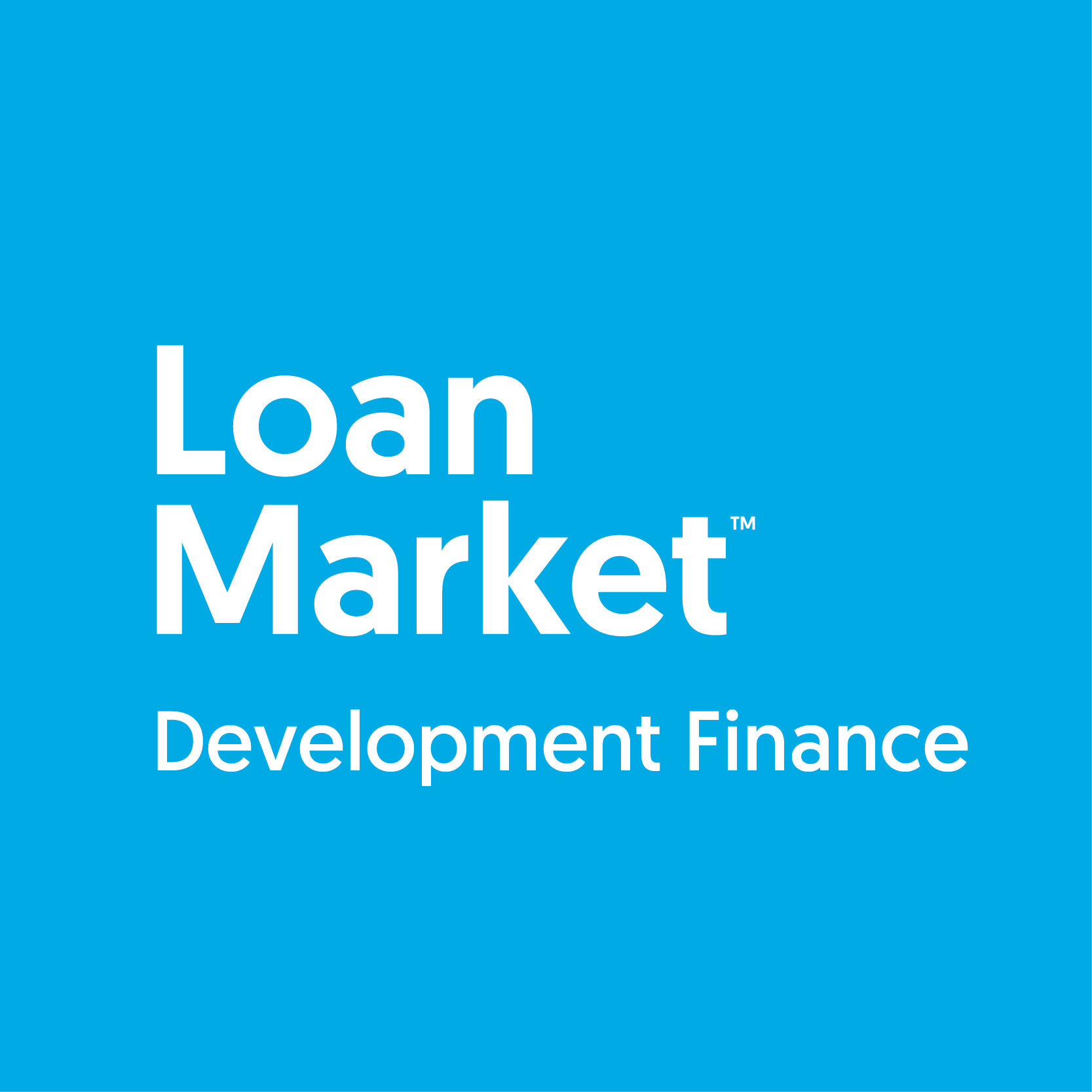Glossary
Collateral security
Any assets used as security against a borrower’s loan. For example, if you have a home loan secured by your beach house as well as your home, your beach house is viewed as collateral security.
Deed of Priority
A document that establishes an amount up to which a mortgagee can claim before a subsequent charge holder has access to sale proceeds.
Drawdowns
In this context, a drawdown is accessing more money against a loan that is not withdrawn to its maximum. If you have a revolving loan of with a limit $100,000 and have only drawn down $40,000, you could still draw down another $60,000 as required, and repay and redraw at your discretion.
Feasibility
A measure of how financially feasible a development is: whether it is possible, the likely costs and calculations of potential profits or losses.
Fire sale value
The price your development would probably fetch if the lender had to sell it immediately, below fair market value – the likely amount you could expect the market to pay for a quick sale.
Full recourse guarantee
This is an unlimited security that provides the lender with a way to recoup all their money if the borrower defaults. If there’s a shortfall from the sale of security property, the lender can seek recourse from the guarantor.
General security agreement
This is a type of security where the borrower gives the lender a security interest over all the assets of a development entity (or business), normally the borrower.
Gross realisable value (GRV)
Total pre-tax sales value of all the finished units in a development.
Hurt money (AKA Equity)
Money put in up-front by the developer to show commitment to a project.
In one line valuation
A value provided for multiple dwellings as though they were sold to a single buyer, rather than each one to a separate buyer. Also known as a sale in one line or single transaction valuation.
Line fees
A lender fee that is a percentage of the value of the loan limit. The line fee will usually vary as the loan is drawn down and the available balance reduces.
Mortgage
A document that gives the mortgagee the right to register a charge against a property as security for loan.
Mezzanine funding (pseudoequity)
A loan subordinated to the senior debt, to fund completion of the project when equity is insufficient. More expensive than the senior debt.
Non-bank lender
A financial institution that lends money but is not a bank. Usually a finance company, credit union, building society or similar.
Pari passu
Latin for ‘on equal footing’. Can be a new loan that has equal payment priority with existing loans, or 2 lenders can lend to a project on this basis (sharing equally).
Preferential equity
A loan that is a combination of debt and equity. It’s a type of loan that gives the lender the right to take ownership of a share of the project under certain circumstances eg. if the borrower defaults.
Presales
Properties sold ‘off the plan’ and unconditional before the development commences. These must not be to people or entities related to the developer – you can’t sell all your units to your brother.
Property funding unit
Within a bank or non-bank lender, the specialist team of people who deal with property funding.
Quantity surveyor/QS
The professional who calculates or estimates what labour and materials are required to complete a build, and how much they will cost. They also provide lenders with comprehensive independent checks on many aspects of a development and certify progress drawdowns.
Residual stock lending
Loans against completed unsold dwellings so the developer can hold onto one or more of the finished units.
Senior finance/senior debt
The first and original loan taken out to fund the development, usually at up to 65% of GDV or 80% of TDC. Stretched senior finance or stretched senior debt
Senior finance that lends more than 65% of GDV or more than 80% of TDC and is usually priced as a blend of two different tranches (the stretch portion more expensive than the standard senior).
Total development cost (TDC)
The sum of all the costs of a development, including building costs, sales costs, holding costs, etc.
Tranche
A portion of a loan; usually used to describe each lump of money released by the lender in order, ie first tranche, second tranche of the development loan.
Ready to explore your options?
Fill in your details and I’ll be in touch to help you find the right solution.
